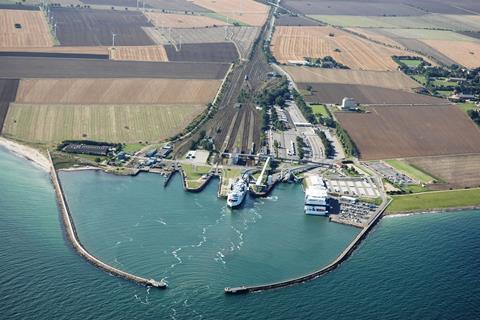Scandlines has chosen the Danish climate tech startup ReFlow to develop advanced climate twins of its latest zero-emission ferry design.
The steel is currently being cut at Cemre Shipyard in Turkey for the zero-emission vessel contracted by Scandlines for the Puttgarden-Rødby route between Germany and Denmark.
Over the following months, ReFlow will build a detailed life-cycle model representing the vessel from its construction to its end of life. The model will show the environmental impact of the ferry, not only in its use but also from its construction at Cemre Shipyard along with the installed equipment.
The digital “climate twin” will make it possible for Scandlines to run simulations on the use of new green technology on the ferry.
“Our new zero-emission vessel will be electrically powered, so it makes good sense for us to look at the entire life cycle and understand the remaining emissions so they can be improved over time,” states Fini A. Hansen, VP Fleet, Scandlines.
The ferry will be environmentally assessed using ISO-backed Life Cycle Assessment methodology – a tool well-known in other industries like automotive and construction but new to the maritime industry.
“We are very excited about the new cooperation and also looking forward to the world premiere of applying life cycle assessment to a complete ferry – it is an industry first to our knowledge,” said Rasmus Elsborg-Jensen, CEO and Founder of ReFlow.
ReFlow will, jointly with the traditional Life Cycle Assessment process, incorporate the digital solution that makes it possible for suppliers to make and submit their calculations directly to Scandlines, speeding up the process when selecting new suppliers or evaluating current ones. Several maritime original equipment manufacturers are already using the digital platform, which makes it possible to cut the time and cost associated with a life cycle assessment of the products by over 80% compared to traditional manual approaches.






